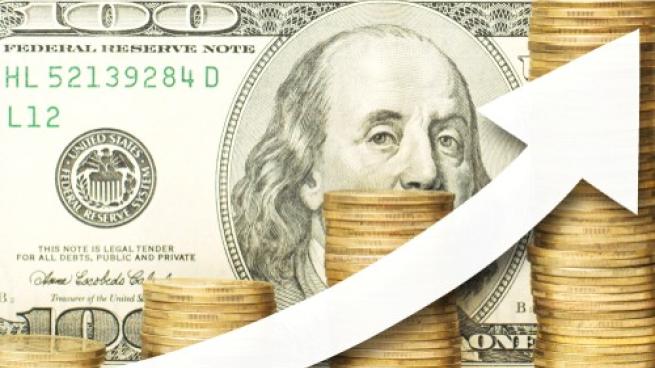Source: csnews.com, April 2023
ALEXANDRIA, Va. — As traditional commuting and shopping behaviors continue to return to pre-pandemic levels, convenience stores saw record sales inside their stores in 2022, according to newly released data from the NACS.
The industry metrics were released during the 2023 NACS State of the Industry Summit, taking place in Dallas, Texas. NACS states that this year’s summit saw record retailer and supplier attendance.
2022 Sales Analysis
Total convenience industry sales topped $906.1 billion, of which $302.8 billion was from in-store sales, accounting for 33.4 percent of industry sales. Overall, in-store sales increased 9 percent in 2022. Packaged beverages, other tobacco products, salty snacks, candy and packaged sweet snacks all had double-digit sales growth year over year. The average basket — what customers spend per visit — increased 4.9 percent to $7.52.
Convenience stores, which sell an estimated 80 percent of the fuel purchased in the country, saw fuel sales increase 41.2 percent. However, this was largely a result of higher gas prices, which increased 33.7 percent to $4.04 last year. Fuel volumes, meanwhile, remained relatively flat.
NACS believes strong in-store sales came as the result of a variety of factors, including an overall increase in c-store counts, driven by single-store operators, and inflationary pressures pushing prices higher. The association also found the continued growth of foodservice and focus on providing restaurant-quality food helped drive sales, with average foodservice sales representing 25.6 percent of average, monthly in-store sales and 36.1 percent of in-store gross margin.
At an industry level, convenience store transactions increased 8.5 percent last year, following an 8.8 percent increase in 2021 as the country emerged from the economic slowdown related to the COVID-19 pandemic. The two-year positive in-store transaction growth trend reverses a pre-pandemic five-year trend of declining performance.
Operating Costs Increase
Despite positive sales growth, direct store operating expenses (DSOE) also climbed, putting pressure on retailers. Credit card swipe fees at an industry level have increased 82 percent between 2020 and 2022, and now stand at $19.5 billion.
Labor costs rose as well, with average wages increasing 9.1 percent for full-time employees and 12.6 percent for part-time employees to an average of $14.33 per hour and $14.02 per hour, respectively. The c-store industry provided 2.44 million jobs across the U.S. in 2022.
Overall, the industry paid or collected $207 billion in taxes, with a per-store average of $1.4 million. It’s estimated that stores also paid $4.3 billion in swipe fees on these taxes collected for the local, state and federal governments.
More information from the summit will be available in the NACS State of the Industry Report of 2022 Data, which will be released in June. For more background on the state of industry labor and wages, the Industry Compensation Report of 2022 Data is available here.

